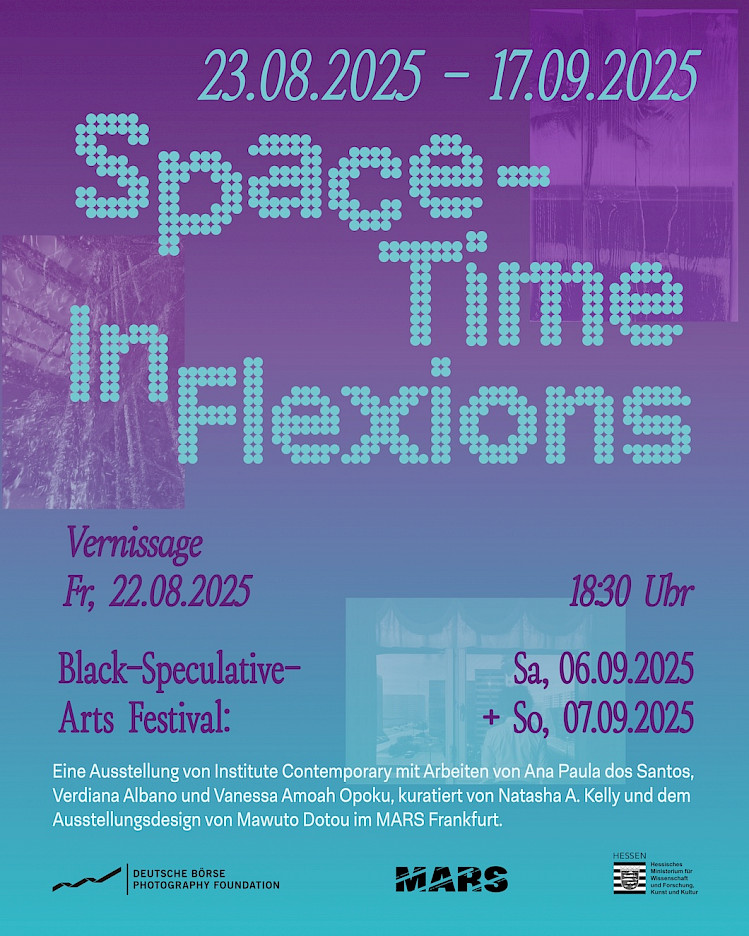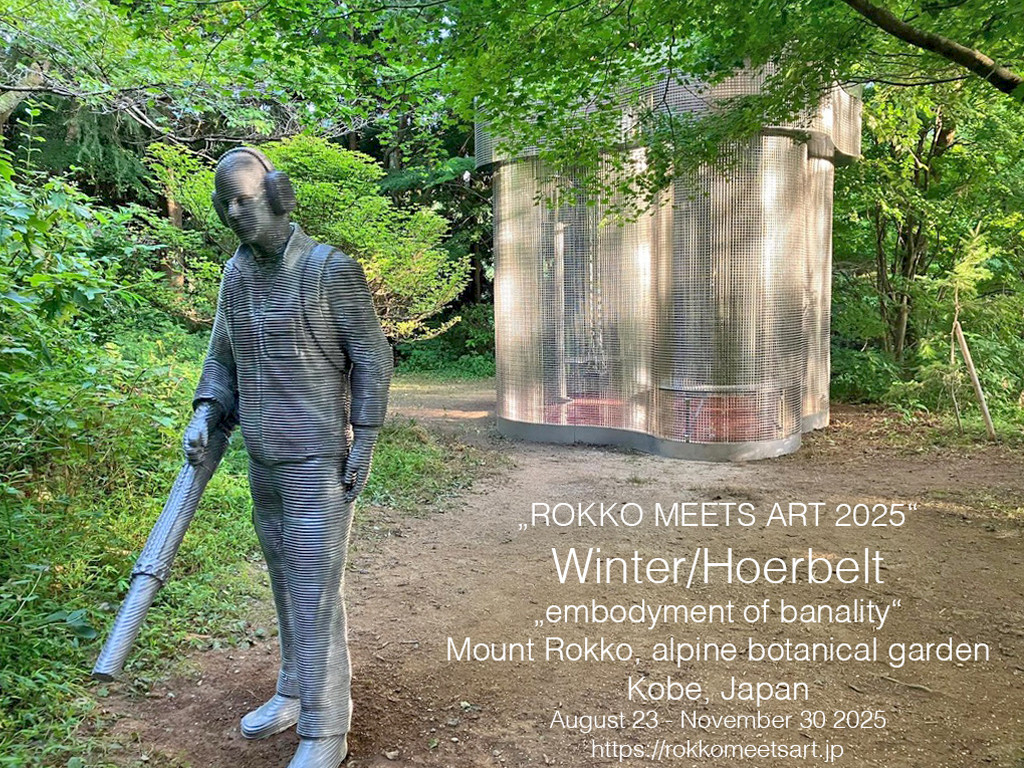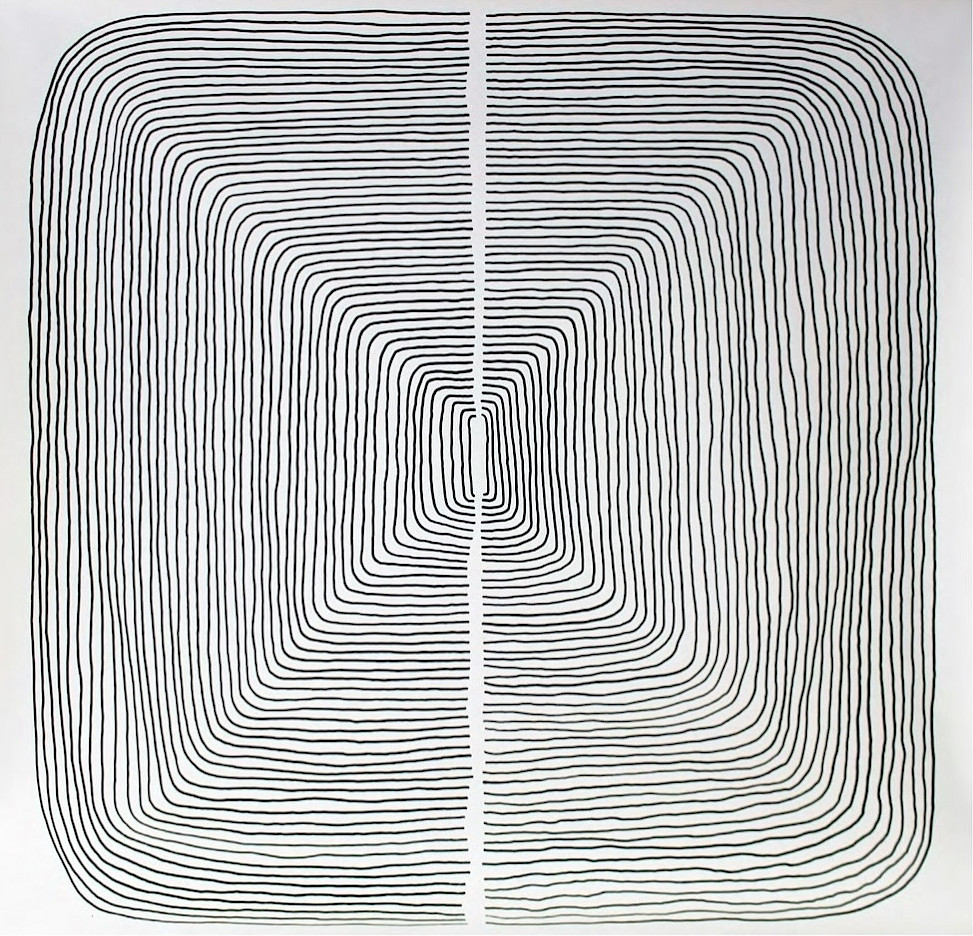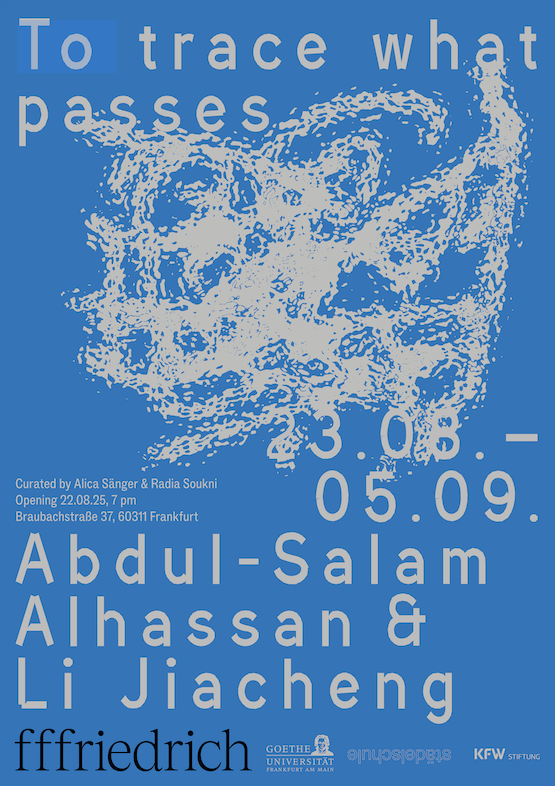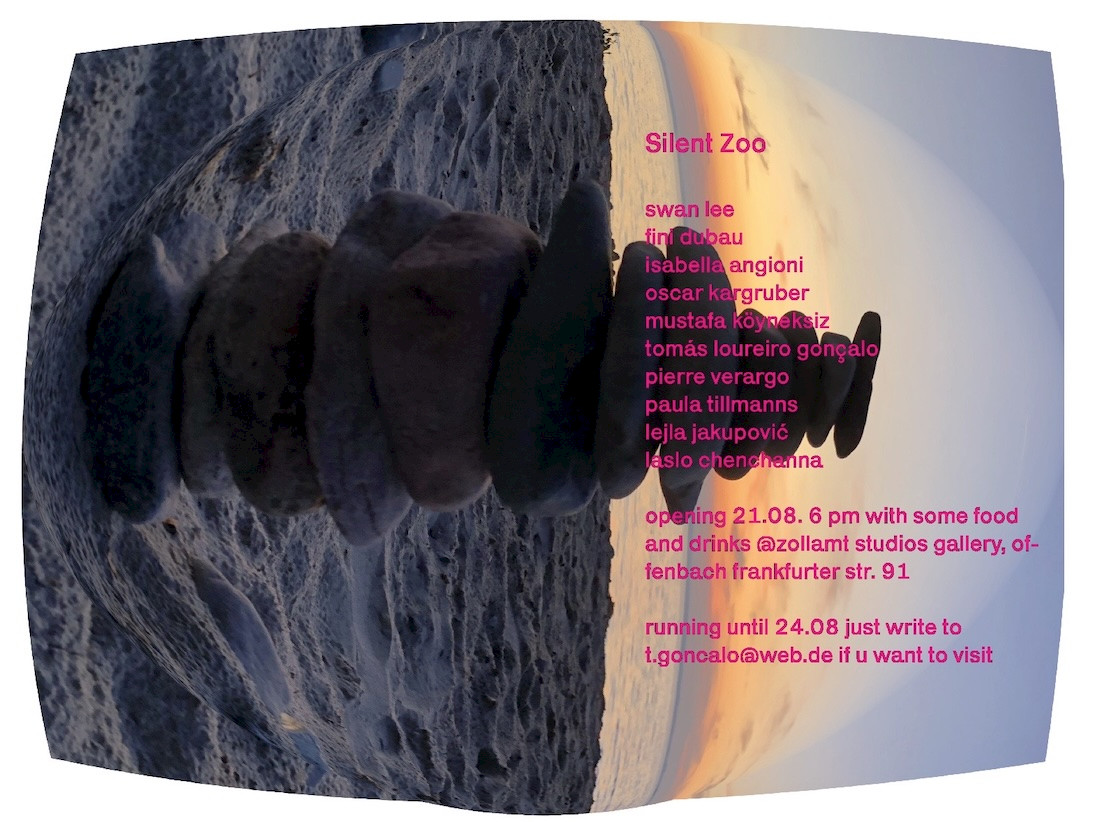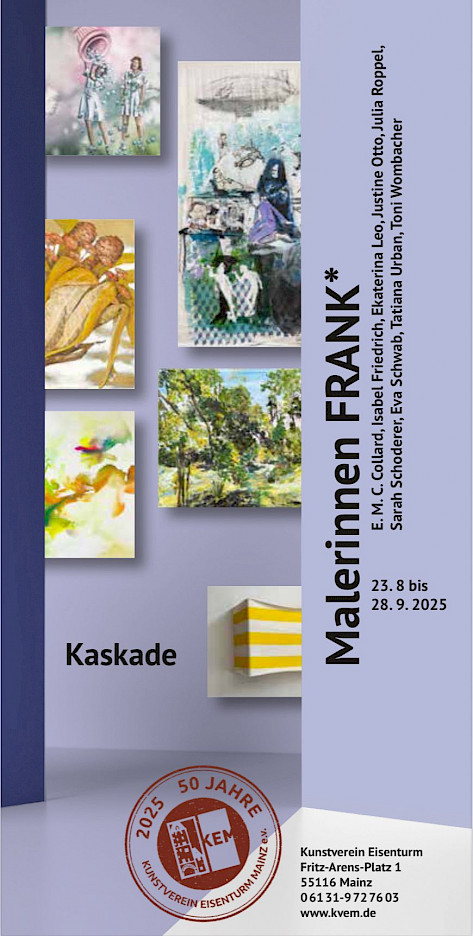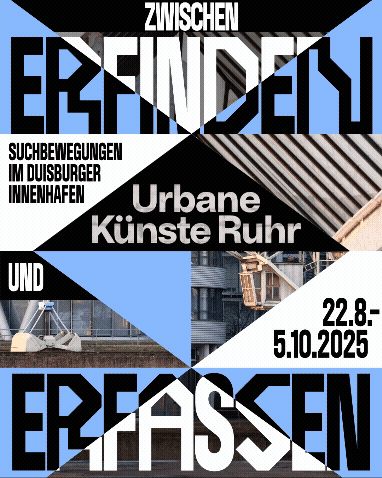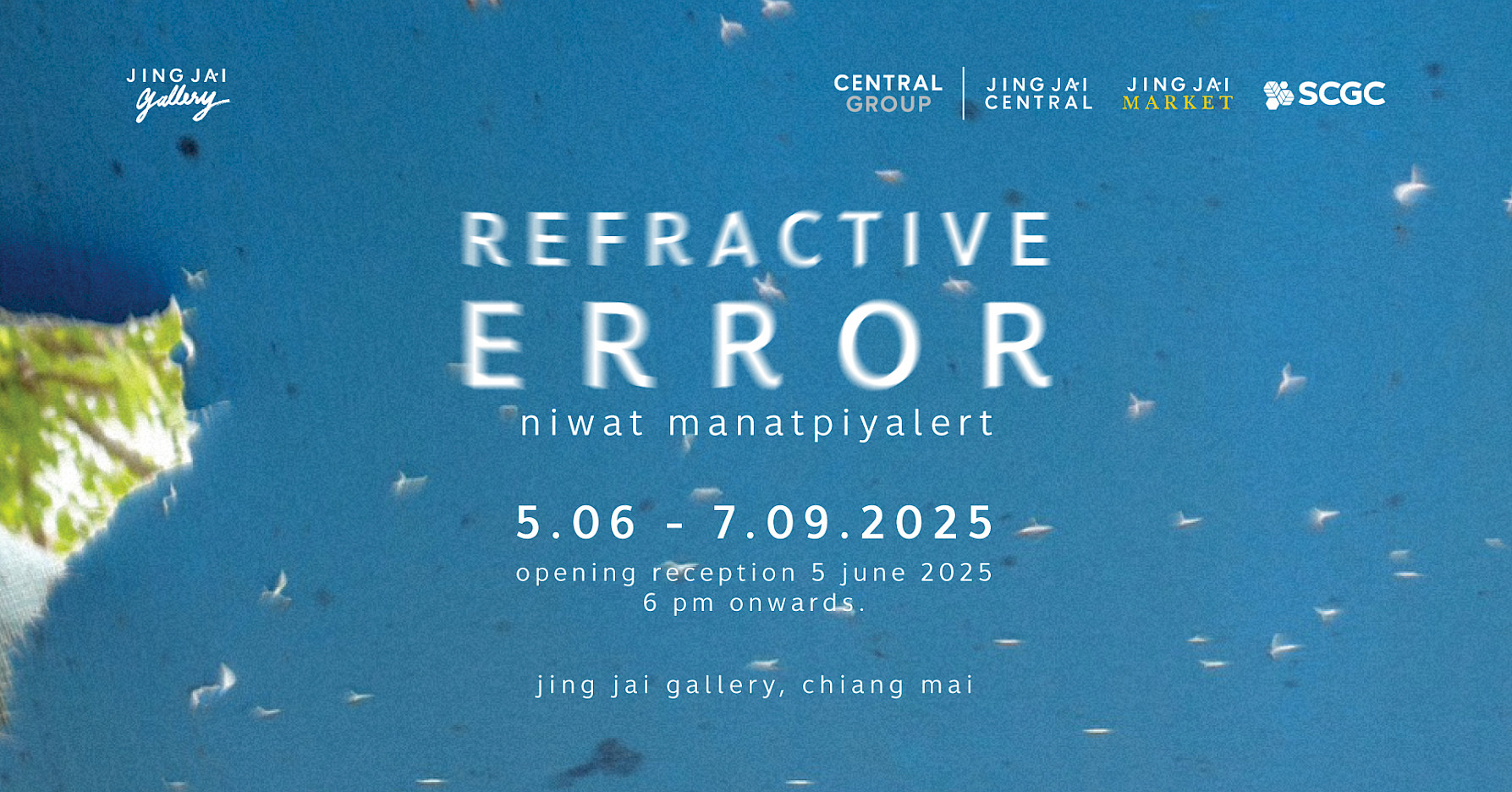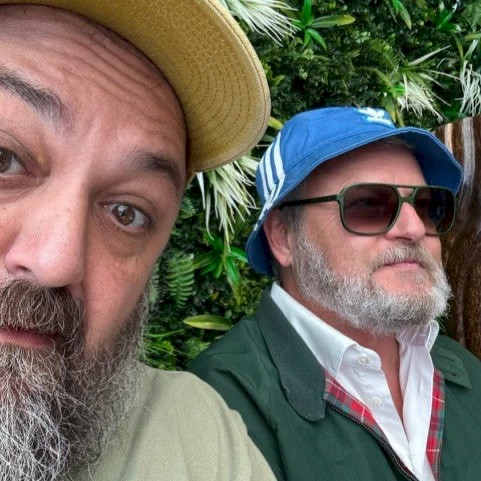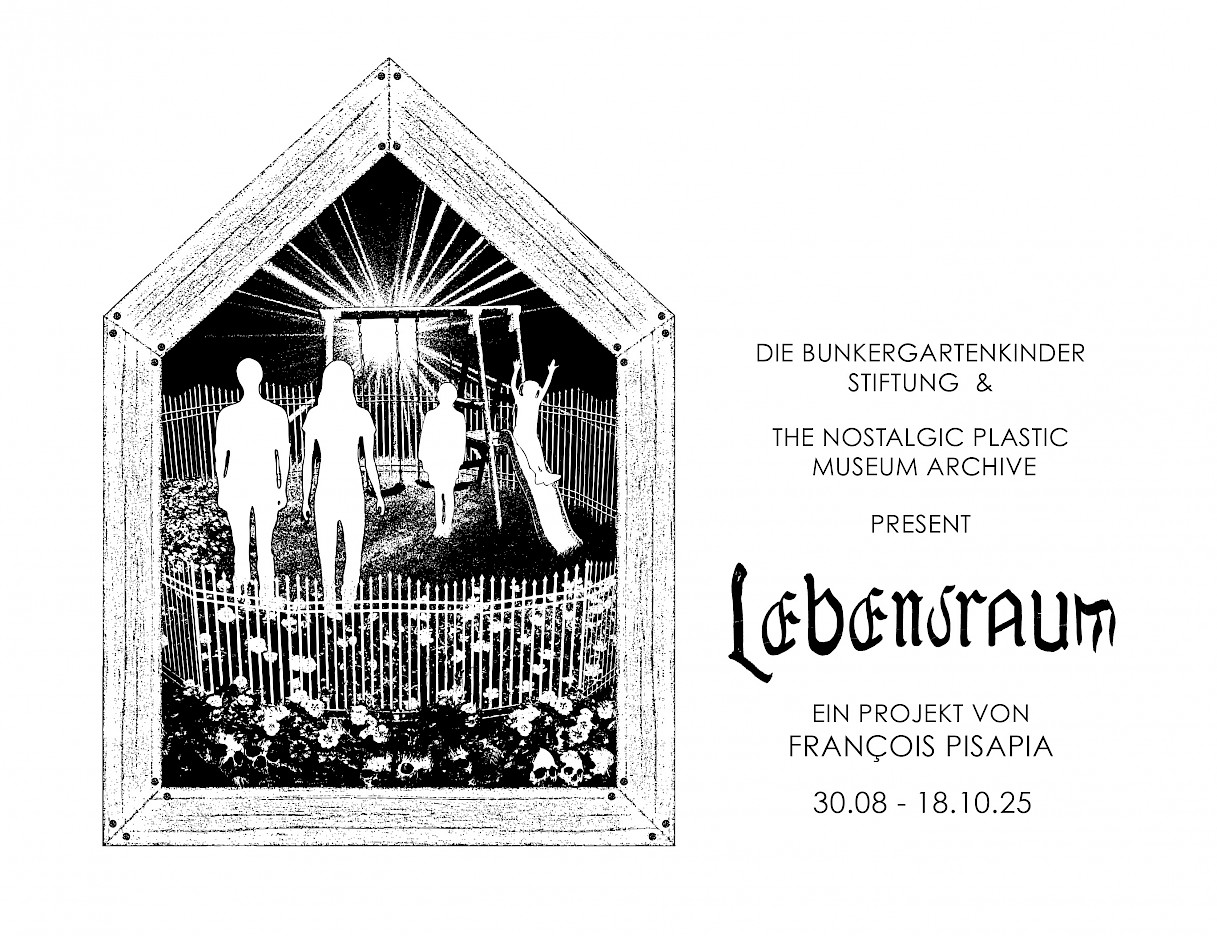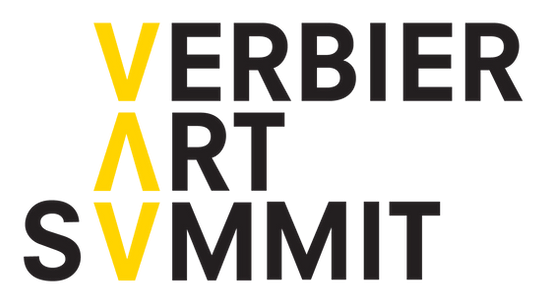11—12 FEBRUARY
2022 VIRTUAL VERBIER ART SUMMIT
On 11—12 February, art and ecology lovers from around the world are invited to join the 2022 Verbier Art Summit online to debate the urgent ecological theme Resource Hungry. The Summit’s virtual programme will feature talks, debates and live Q&As between thought leaders and key figures in the art world.
Free registration for the 2022 Summit is now open, please click the button below to register.
Speakers of the 2022 Summit are jointly invited by the previous Summit museum directors—Beatrix Ruf, Daniel Birnbaum, Jochen Volz and Jessica Morgan. Three new debates will present ideas for transformation in the arts, our cultural institutions, and society at large, looking back on previous Summit themes from an ecological perspective. The interdisciplinary Summit programme also includes the whole body of Resource Hungry knowledge, with talks and debates from 2020 and 2021, bringing this important theme to a close. By offering examples of actions that encourage a mutually responsible sensitivity towards the environment, the 2022 Summit will provide A New Way Forward out of our Resource Hungry Era.
RESOURCE HUNGRY DEBATES
The 2022 Summit debate series will start by reassessing a theme chosen by our Strategic Director Beatrix Ruf in 2017: (De)Growth in Times of Climate Crisis. The debate features the artist Torkwase Dyson, who explores the continuity between ecology, infrastructure and architecture, and Professor Louise O. Fresco, an expert in the field of sustainable agriculture.
The Sustainability in the Digital Age debate by 2018 partner Daniel Birnbaum will look at innovative possibilities for art, technology and sustainability. Daniel invited the artist Simon Denny, who aims to unpack the social and political implications of the technology industry, and Tobias Rees, who focuses his work on the philosophy, poetry, and politics of the contemporary.
The Summit’s 2019 partner, Jochen Volz, will introduce alternative ways to imagine the world and humanity’s relationship with nature. In the debate Multiple Ecological Truths, Jochen presents the Indigenous filmmaker, journalist and activist Olinda Tupinambá and writer, researcher, environmentalist and Indigenous leader Ailton Krenak.
2022 SPEAKERS
Simon Denny
Simon Denny is a contemporary artist from New Zealand based in Berlin, Germany. He makes exhibitions that unpack the social and political implications of the technology industry and the rise of social media, startup culture, blockchains and cryptocurrencies, using a variety of media including installation, sculpture, print and video. He studied at the Elam School of Fine Arts, University of Auckland and at the Städelschule, Frankfurt am Main. Simon curated exhibtions about Blockchain and art, and has exhibited in major museums across the world. Simon’s work is held in institutional collections internationally and he co-founded the mentoring program BPA. He is also Professor for Time Based Media at the University of Fine Arts of Hamburg.
Torkwase Dyson
Torkwase Dyson is an American interdisciplinary artist based in New York. As a painter, she works across multiple mediums to explore the continuity between ecology, infrastructure, and architecture. She focuses on the ways that black and brown bodies perceive and negotiate space. Her abstract works look to spatial liberation strategies from historical and contemporary perspectives, seeking to uncover new understandings of the potential for more livable geographies. Torkwase studied at Tougaloo College, Mississippi, where she majored in Sociology and double minored in Social Work and Fine Art. Her work has been exhibited in solo and group exhibitions in leading museums all over the United States, and more recently at the Sharjah Biennial.
Louise O. Fresco
Louise O. Fresco is a Dutch Professor, author and expert in the field of food and sustainable agriculture, aiming to provide an answer to the question: “How can we provide food for 9 trillion people by 2030?” Since 2000, Louise has served as Assistant Director-General of the UN Food and Agriculture Organization in Rome. Louise is also a professor at Wageningen University and was appointed President of the Executive Board at Wageningen University & Research since 2014. Louise is a writer of both fiction and non-fiction, writing for a wide audience about food security and eating culture, including a fortnightly column for the newspaper NRC Handelsblad and the book Hamburgers in Paradise (2012), as well as an extensive collection of articles in both scientific journals and popular media. She has published twelve non-scientific books, including three novels, of which De Utopisten (The Utopians, 2008) was shortlisted for the Libris Literature Award.
Ailton Krenak
Ailton Krenak is a writer, researcher, environmentalist and indigenous leader. Originating from the Krenak people, Ailton dedicated his studies and life to activism and the indigenous movement, articulating actions and organizations in favor of the rights of indigenous peoples such as their rights over their lands, languages, cultures and lives. Ailton founded the NGO Nucleus of Indigenous Culture, as well as the Union of Indigenous Nations (UNI) to unify indigenous claims. Ailton is also well-known as a writer, publishing books such as Ideias para adiar o fim do mundo (Ideas to postpone the end of the world, 2019), A vida não é útil (Life is not useful, 2020) and O Amanhã Não Está à Venda (Tomorrow is not for sale, 2020). In 2020, he won the Juca Pato Intellectual of the Year Award, given by the União Brasileira de Escritores.
Tobias Rees
Tobias is a philosopher and Founder and CEO of ToftH.org, an organisation dedicated to bringing together philosophy, art and technology. Prior to founding ToftH.org, he was the William Dawson chair at McGill University, the Reid Hoffman professor of humanities at the New School/Parsons School of Design, and a Director at the LA based Berggruen Institute. Tobias is a fellow of the Canadian Institute for Advanced Research, and holds degrees in philosophy, anthropology and neurobiology. The focus of his work is on the philosophy, poetry, and politics of the contemporary. He also worked as an advisor for many North American and European Universities on how to re-invent the human sciences, and is the author of dozens of articles and three books: Designs for an Anthropology of the Contemporary (2008), Plastic Reason (2016), and most recently of After Ethnos (2018).
Olinda Tupinambá
Olinda Tupinambá, Indigenous to the Tupinambá and Pataxó hãhãhãe people, is a journalist, filmmaker and environmental activist. She has been working with audiovisual mediums since 2015, including documentaries, fiction and performance. She has produced and directed 7 independent audiovisual works, and has two more in production, one of which is commissioned by Pinacoteca de São Paulo in collaboration with the Ivani and Jorge Yunes Collection. Olinda has also been the curator of several film festivals and shows, including the 8th Cine Kurumin Indigenous Film Festival (2021) and Mostra Lugar de Mulher é no cinema (2021).
ART & ECOLOGY
The virtual Summit platform will also feature an Art & Ecology inspiration section, presenting ideas by the Summit community and its partners. For example, the online production platform st_age, initiated by TBA21 during the Covid-19 pandemic, will inspire through the work of Chilean contemporary artist Patricia Domínguez. Another platform, Take Me to the River, was created in collaboration between the Goethe-Institut and the Prince Claus Fund, and will present an online journey into the landscapes and experiences of the climate emergency. The EPFL+ECAL Lab, the design research center of Ecole Polytechnique fédérale de Lausanne, presents Álfar, a knowledge capsule that can store our heritage for thousands of years on DNA.
The Summit’s local partner, the Verbier 3-D Foundation will inspire through the artwork by Lausanne-based artist collective Fragmentin, and the Verbier Festival will feature the composer, producer and DJ Gabriel Prokofiev.
Also present will be the Summit's long-standing cultural partners, United Nations Refugee Agency (UNHCR), the Swiss Agency for Development and Cooperation (SDC), the Centre d’Art Contemporain Genève, Julie’s Bicycle and HEAD – Genève.
2022 PROGRAMME
Download the 2022 Virtual Verbier Art Summit programme here.
Verbier Art Summit
Case Postale 435
1936 Verbier
Switzerland
